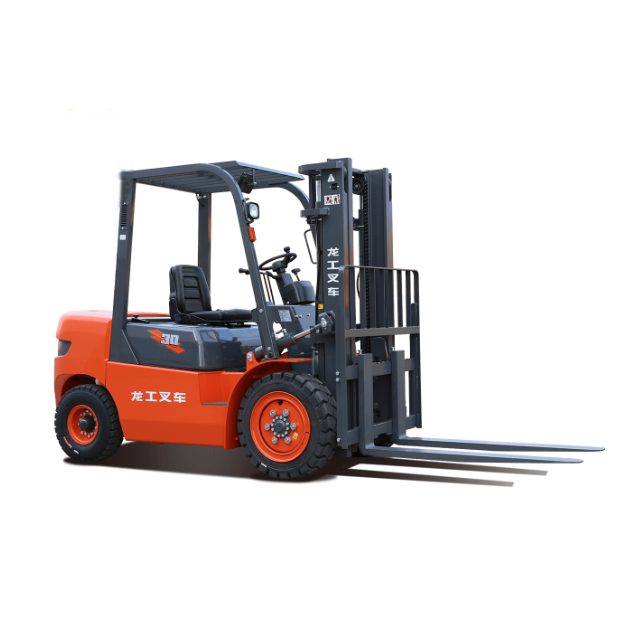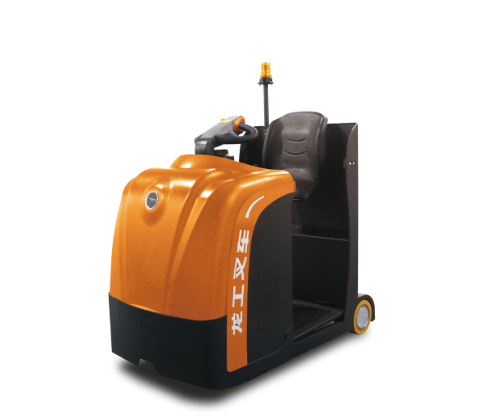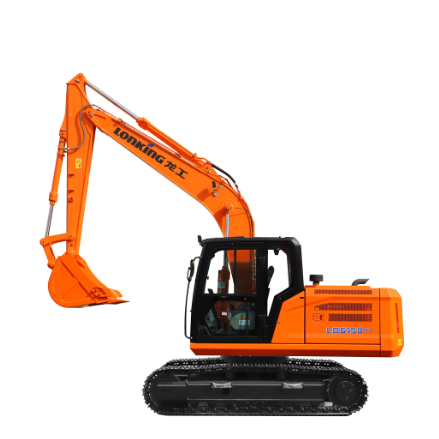road roller machine price
Road roller machine prices represent a crucial consideration for construction companies and contractors seeking to invest in essential compaction equipment. These machines, available in various sizes and configurations, typically range from $20,000 to $150,000, depending on specifications and capabilities. Modern road rollers incorporate advanced features such as intelligent compaction monitoring systems, fuel-efficient engines, and ergonomic operator cabins. The price spectrum reflects factors including drum width, operating weight, vibration systems, and manufacturer reputation. Entry-level machines suitable for small to medium projects often fall in the $20,000-$50,000 range, while heavy-duty models with advanced technology command higher prices. The investment consideration must account for factors such as fuel efficiency, maintenance costs, and expected service life. Additionally, many manufacturers offer flexible financing options, including leasing and rent-to-own programs, making these essential machines more accessible to contractors of various sizes. The total cost of ownership, including maintenance, fuel consumption, and potential resale value, should be carefully evaluated when considering road roller prices.



